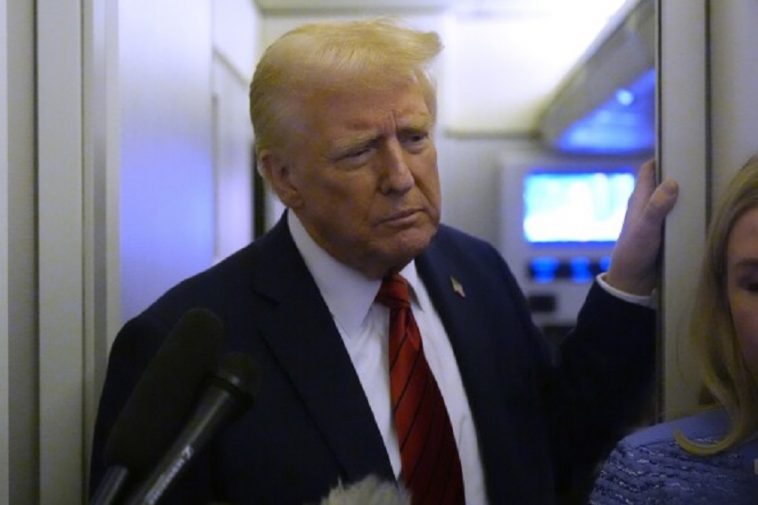MISSOULA, Mont. — A federal judge on Tuesday blocked the Trump Administration’s controversial attempt to temporarily pause federal loans and grants, a move that sparked significant concern and confusion across local governments, including in Missoula, Montana.
The proposed pause, outlined in a memo from the Office of Management and Budget (OMB), was part of an effort by the Trump Administration to halt federal funding for programs that it deemed aligned with progressive political goals. Specifically, the memo cited the need to curb funding for initiatives associated with “Marxist equity,” “transgenderism,” and the “Green New Deal,” policies that the administration claims are wasteful or ideologically driven. The memo also clarified that programs like Social Security, Medicare, Medicaid, and SNAP would remain unaffected by the pause.
In Missoula, local officials were preparing for the potential impact of the pause, which could have disrupted ongoing infrastructure projects, public health programs, and education funding. According to Missoula County Chief Administrative Officer Chris Lounsbury, the county’s federal grants, which totaled $42 million in the 2024 fiscal year, include multiyear funding that could be jeopardized. Key projects such as those on Russell Street, Highway 200, and bridge repairs, along with a $5 million wildfire mitigation grant, were among the initiatives at risk.
“For now, we anticipate that any work that continues right now, even during this pause, would be eligible for reimbursement up until we receive formal notice from the federal government that the contracts have been terminated,” Lounsbury said. “But we just don’t know what will happen next.”
Missoula Public Health, which runs various health programs, including cancer screenings, continued its operations Tuesday, according to communications officer Lily Walsh. Despite the uncertainties, the department remained focused on its mission.
Missoula Mayor Andrea Davis issued a statement expressing confidence that the funding would eventually be released, underscoring its importance for infrastructure, housing, and public safety. “I’m confident that this funding will eventually be released, as it supports important programs for our community,” Davis said.
Missoula County Public Schools (MCPS) also weighed in, noting that while they were still assessing the implications of the pause, they did not anticipate immediate negative impacts. MCPS Superintendent Micah Hill said the district had received most of its federal funding for the 2024 fiscal year in July and was not expecting another round of funding until July 2025. However, refugee resettlement aid and other areas could still be affected, the district said.
The pause’s potential consequences rippled beyond Missoula. At the state level, Montana’s Governor Greg Gianforte’s office declined to comment, but spokesperson Kaitlin Price said that state agencies were continuing to review the guidance. “The guidance is clear that Social Security and Medicare are explicitly excluded, and mandatory programs like Medicaid and SNAP will continue without pause,” Price said.
Montana’s U.S. Congressional delegation largely supported the administration’s push to rein in federal spending. Senator Steve Daines (R-MT) issued a statement backing President Trump’s efforts to reduce waste, while fellow Republican Senator Tim Sheehy framed the pause as part of a broader commitment to fiscal responsibility.
Rep. Ryan Zinke, another Republican, applauded the effort, stating that it was time to audit and eliminate funding for politically motivated organizations, including those he accused of supporting liberal causes. Zinke’s office referenced the defunding of programs related to diversity, equity, and inclusion (DEI) and other policies the administration opposed.
However, the pause was met with mixed reactions. Local governments and public agencies, particularly those relying on federal grants for key services, voiced concerns over the potential disruption to essential programs. Despite the judge’s ruling, the uncertainty surrounding the future of these grants leaves many wondering whether future pauses could impact vital local services.
As the situation develops, local and state officials are awaiting further clarification from the federal government on how the pause will ultimately be implemented, with many hoping for a gradual and manageable transition if the pause is reinstated or extended in the future. For now, Missoula County remains cautiously optimistic but unsure about the long-term consequences.
The impact of the federal judge’s decision may be temporary, but it highlights the ongoing debate over the direction of federal spending and the role of government-funded programs in local communities.



